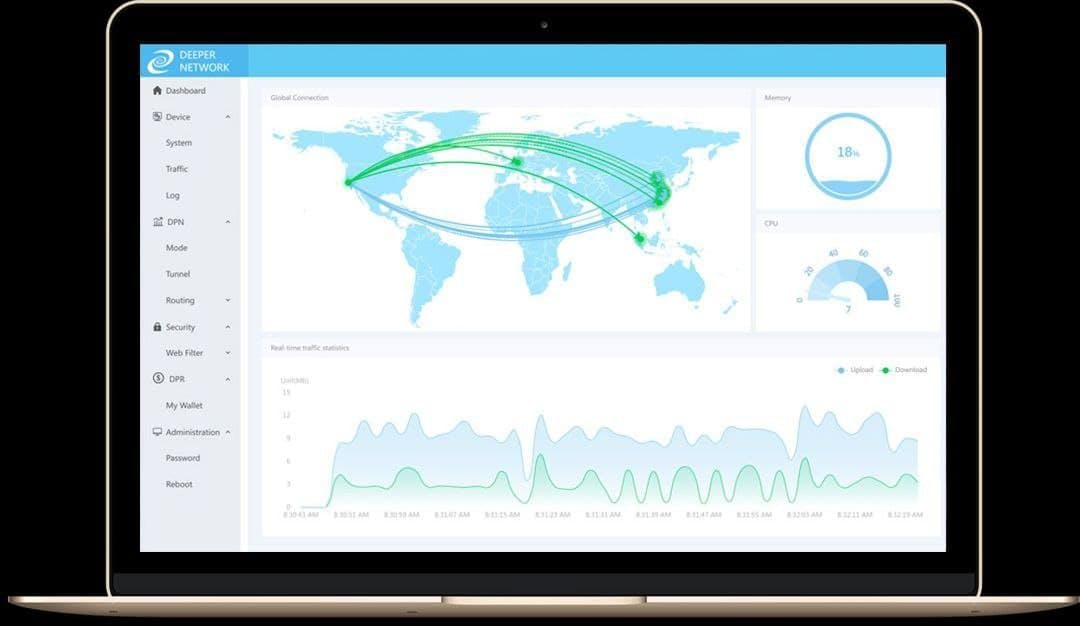683 reads
VPNs are No More Sufficient to Protect Your Privacy on the Web
by
April 30th, 2021

Entrepreneur. Attorney. Athlete. I write about innovations in blockchain and crypto space. Passionate about DeFi.
About Author
Entrepreneur. Attorney. Athlete. I write about innovations in blockchain and crypto space. Passionate about DeFi.
